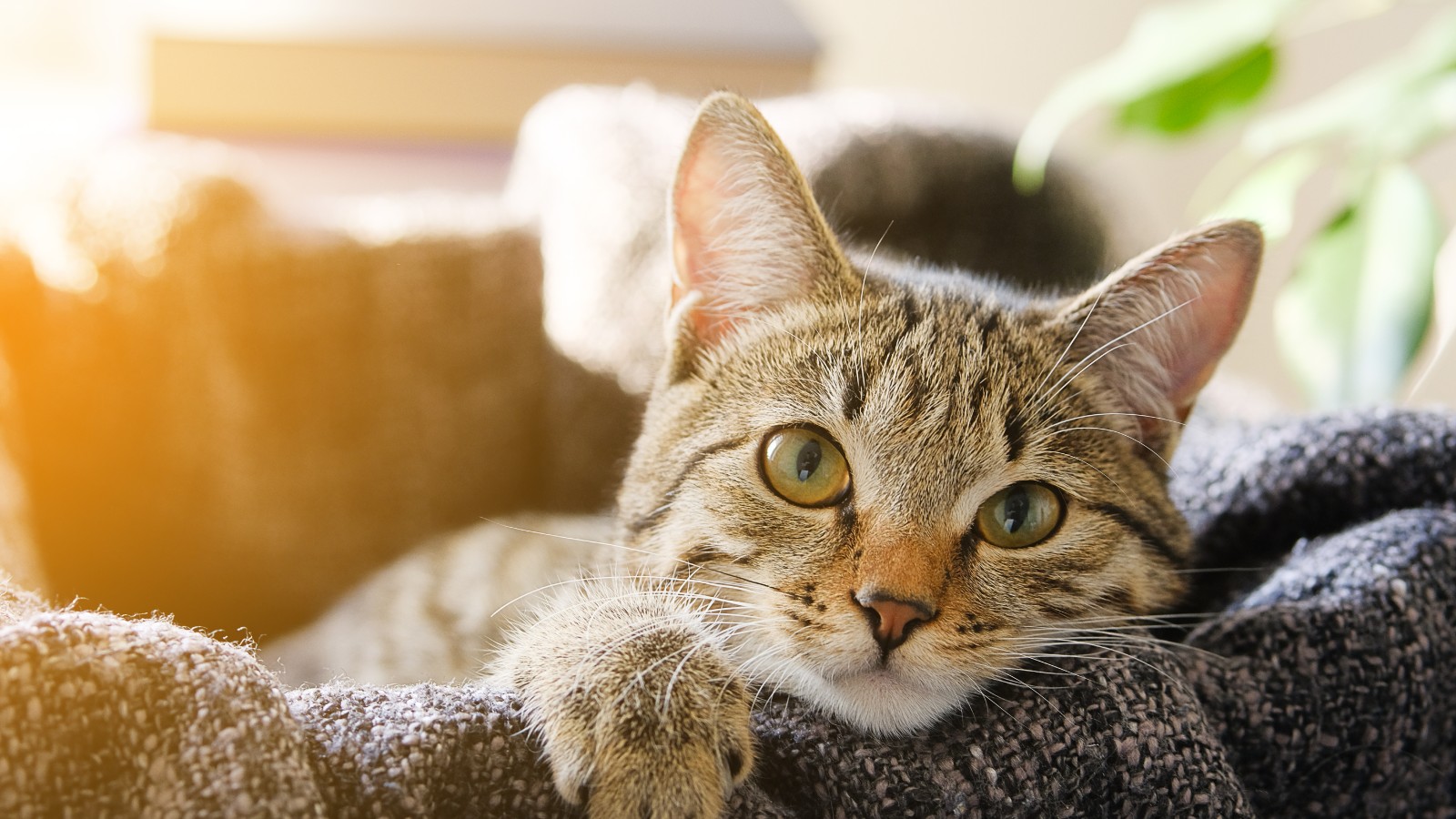Science says cats aren’t selfish – they’re just confused
A study has revealed that cats’ selfishness may be the result of social confusion


Cats often get a bad rap for being slightly on the selfish side, but research now shows that it might not even be their fault.
The feline creatures have long been seen as overly independent, especially when compared to dogs. While our canine friends are celebrated for their loyal nature and stress-reducing abilities, cats are routinely criticized for putting themselves first
However, a recent study has revealed that this unsavory behavior might not be deliberate.
More from woman&home:
• Best eReaders for literary lovers to buy now – from Kindles to Kobo devices
• Best blenders for smoothies to help you mix up your favourite combinations
• Best induction pans – thoroughly tested, durable induction pans and sets for enthusiastic cooks
Researchers at Kyoto University in Japan have discovered that cats may not understand when they are being unkind to humans.
In the study, which was published in the February edition of the journal Animal Behavior and Cognition, the loyalty of 36 domestic cats towards their owners was put to the test.
For the first part of the experiment, the cats watched their owner struggling to open a container. An appointed actor then arrived to help the owner, thus behaving like a friend. For the second stage, the cats again watched their owner straining with the container. In this case, a different actor came onto the scene but, instead of helping, they turned away. A third actor was present throughout the performance, to act as a point of reference.
Sign up to our free daily email for the latest royal and entertainment news, interesting opinion, expert advice on styling and beauty trends, and no-nonsense guides to the health and wellness questions you want answered.
The cats were then offered food from all parties, including the non-helper. The results found that the cats had no objections to accepting food from the non-helper, which may be seen as an act of betrayal by the owner. In a similar study, dogs had refused to take food from those who had not helped their owner.
However, the researchers emphasized that the cats’ behavior does not necessarily indicate disloyalty.
“It is conceivable that the cats in this study did not understand the meaning or goal of the owners' behavior,” the authors wrote. “But even if they did understand the owner’s goal or intention, they might have failed to detect the negative intention of the non-helpful actor.”
The issue, therefore, could be that cats struggle to identify humans’ intentions and feelings, which can come across as coldness. This might also explain why your cat doesn’t always appreciate your cutesy pet talk, or why they may not jump for joy when you return after a long trip. Unlike dogs, they’re simply not as literate in reading humans.
”We consider that cats might not possess the same social evaluation abilities as dogs, at least in this situation, because unlike the latter, they have not been selected to cooperate with humans,” the authors added.
Well, at least we know it’s not purr-sonal.

Hailing from the lovely city of Dublin, Emma mainly covers the Royal Family and the entertainment world, as well as the occasional health and wellness feature. Always up for a good conversation, she has a passion for interviewing everyone from A-list celebrities to the local GP - or just about anyone who will chat to her, really.
Emma holds an MA in International Journalism from City, University of London, and a BA in English Literature from Trinity College Dublin.